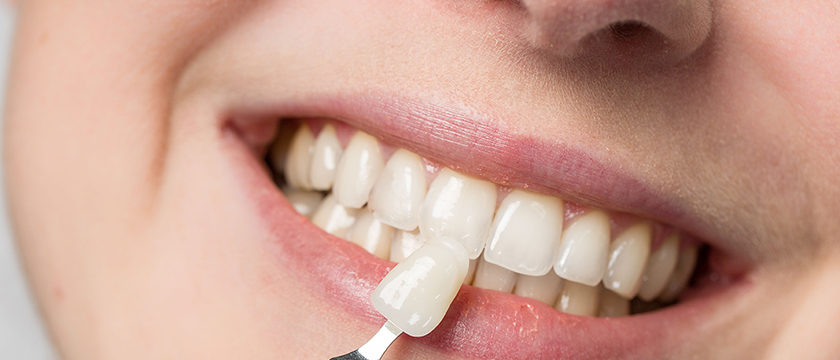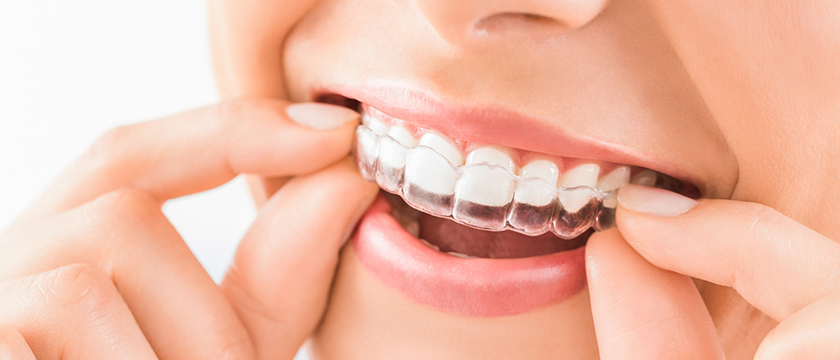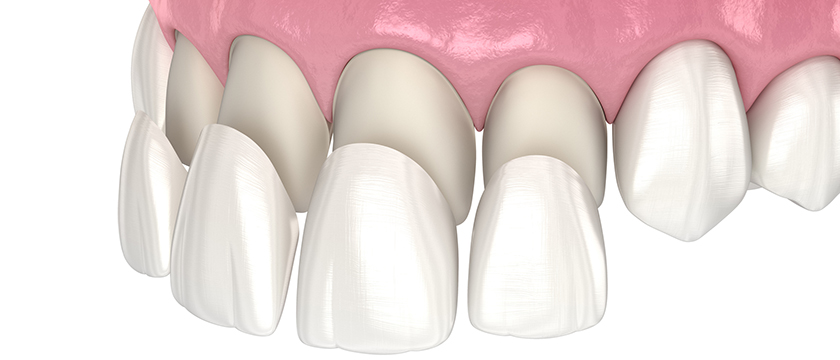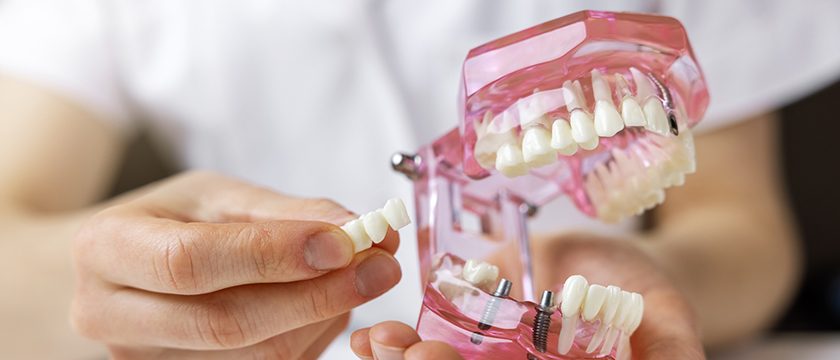Blog
 05 Mar 2024
05 Mar 2024
The Remarkable Benefits of Full Mouth Dental Implants: Your Basic Guide
Imagine regaining the ability to enjoy your favourite foods without hesitation. Picture a renewed confidence in your smile and the assurance of having healthy, beautiful, and permanently affixed teeth. This isn’t just a dream—it’s a reality made possible through full mouth dental implants. Embark on a journey with us as we delve into the essentials of full plate or full mouth dental implants, a transformative solution for those seeking to reclaim their smile and oral health.
 10 Feb 2024
10 Feb 2024
Your Complete Maintenance Guide for Veneers
Dental veneers are an excellent investment and can last more than a decade with proper care. However, many people who are interested in this cosmetic treatment do not know what needs to be done to keep these enhancements looking their best. Our guide will tell you everything you need to know about how to care for dental veneers and make them last as long as possible.
 10 Jan 2024
10 Jan 2024
Your Guide to Overcoming the Fear and Anxiety of Visiting a Dentist
Are you afraid of going to the dentist? You are not alone in this fear. Millions of people around the world experience it every day. However, it is important not to let this fear keep you from attending regular dental checkups and getting necessary dental work done. Keep reading to learn more about dental phobias and how to overcome them.
 10 Nov 2023
10 Nov 2023
Your Complete Guide to Tooth Cavities
Dental cavities are tiny holes that develop in the surface of your tooth’s enamel. Over time, this hole grows deeper and deeper, finally reaching the inside of your tooth and causing it to decay.
 10 Aug 2023
10 Aug 2023
Your Complete Guide to Composite Veneers
Your smile is one of the first things people will notice about you when they meet you. If you do not feel confident showing off your teeth, you may hold back in social situations and spend more time than you should worrying about whether anyone has noticed the flaws.
 10 Apr 2023
10 Apr 2023
Everything You Should Know About Dental Cleaning
Dental cleanings are one of the most important oral health procedures you will receive at your dentist’s office. They keep your teeth clean and healthy, your gums free from disease, and your smile looking bright.
 05 Mar 2023
05 Mar 2023
A Parent’s Guide to Prevent Tooth Decay in Children
If you think your child is too young to worry about cavities, think again. Tooth decay can set in as soon as your child has a single tooth in their mouth.
 05 Feb 2023
05 Feb 2023
Your Complete Guide to Invisalign Chewies
If you are considering getting Invisalign, you may have heard about products called Invisalign chewies. What are these products, and how do they complement standard Invisalign treatment? Here’s everything you need to know about Invisalign chewies and their function.
 10 Aug 2022
10 Aug 2022
Your Personal Guide to Dental Veneers
Many cosmetic dentistry treatments are available to help people improve the appearance of their smile, but few are as simple and flexible as dental veneers. These tiny prosthetics are the perfect solution for almost any cosmetic dental problem a person can have.
 05 Aug 2022
05 Aug 2022
A Complete Guide to Dental Bridges
Tooth loss is an extremely common dental problem for Canadians, especially older individuals. Unfortunately, this loss can lead to many other problems, including difficulty speaking and eating as well as low self-esteem.
